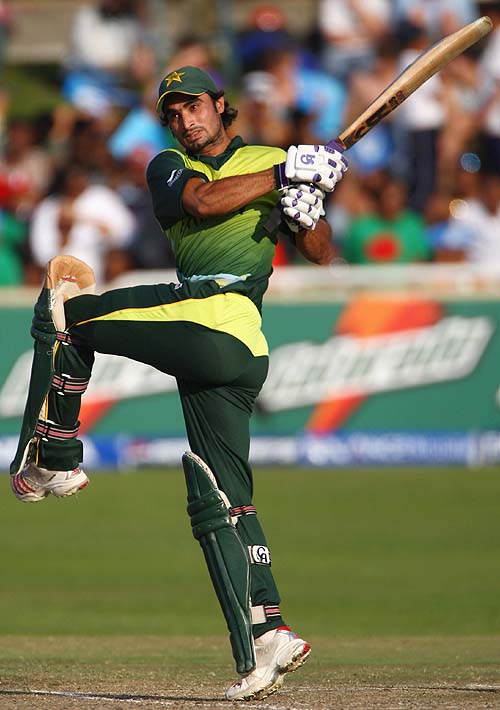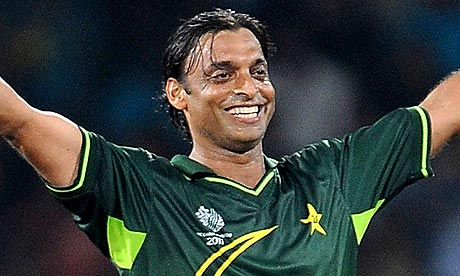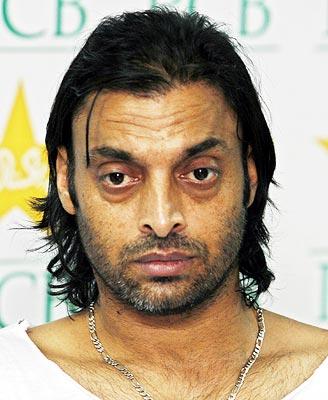Younus Khan Biography
source(google.com.pk)
Mohammad Younus Khan is a Pakistani cricketer and former captain of the Pakistan national cricket team. Younus' name is often spelled Younis Khan, but he has been quoted as saying, "My name is Younus Khan. I tell people that everywhere, but they don’t listen." He is only the third Pakistani player to score 300 or more runs in an innings.
On March 10, 2010, Younus, along with another player, Mohammad Yousuf were axed by the Pakistan Cricket Board from playing for Pakistan in any format for an indefinite period, following an inquiry report which suggested that both the player were involved in breaches of discipline by inciting divisions within the team. The ban was overturned three months later.
Career
International career
Younus Khan made his international debut in an ODI against Sri Lanka at Karachi in February 2000, and has since played over 150 ODIs for Pakistan. He has also played in over 50 Test matches. Younus was one of the few batsmen who retained his place in the team after Pakistan's disastrous World Cup campaign in 2003, but lost it soon after due to a string of poor scores in the home series against Bangladesh and South Africa. He came back for the one-day series against India, but failed to cement a place in the Test side.
It was his return to the side in October 2004, at the pivotal one-down, against Sri Lanka in Karachi that laid the groundwork for his emergence as a force in Pakistan cricket. He was the top run-getter in the disastrous 3-0 whitewash in Australia immediately after and on the tour of India, for which Younus was elevated to vice-captain, he blossomed. After a horror start to the series he came back strongly, capping things off with 267 in the final Test. It was his highest Test score and came off 504 balls in the first innings, to set up a series levelling victory in Bangalore.
As well as being an accomplished batsman, Younus is also a skilled slip fielder and a very occasional leg-spin bowler. He has performed particularly well outside Pakistan, including on tours of Australia, India, England and Sri Lanka. In the six Tests he has played against India, Younus averages an exceptional 106, the highest average against India by a Pakistani. Apart from his 267 at Bangalore, Younus also made 147 at Kolkata in 2005 and a pair of centuries during India's trip to Pakistan in 2006. More importantly, the tour to India also showcased his potential as a future captain of Pakistan and his energetic and astute leadership has impressed many people. Also in 2006, Younus made a century in the third Test against England at Headingley. On 22 January 2007, he scored a matchwinning 67 not out in the 4th innings to guide Pakistan to victory over South Africa in Port Elizabeth. The five wicket win levelled the series at 1-1.
In 2005, he was one of the 15 nominees for the ICC Test Player of the Year. He is the second fastest Pakistani in terms of innings to reach 4000 Test runs, behind Javed Miandad. Younus reached the milestone in 87 innings, just one more than Sachin Tendulkar took.
Younus Khan topped the ICC's Test Batting Rankings in February 2009 after an acclaimed innings of 313 in his first test as captain, in the process of helping save the match for Pakistan. His ranking score of 880 is the third highest achieved by a Pakistani batsmen after Mohammad Yousuf (933), Javed Miandad (885) and just ahead of Inzamam-ul-Haq (870).
Captaincy situation
He first led Pakistan against the West Indies in 2005. In September 2006, he was offered the position of captain for the course of the 2006 ICC Champions Trophy, following the suspension of Inzamam ul Haq. He turned down the offer, stating he did not want to be a "dummy captain". However, on the morning of October 7, 2006 the Pakistan Cricket Board announced that Khan would lead his team in the tournament. Following the resignation of Inzamam after the side's exit from the 2007 Cricket World Cup, Khan was offered the captaincy on a permanent basis, but turned it down. He blamed the angry reaction by the Pakistani public to side's early exit from the tournament.
After Pakistan's 2009 2 matches to 1 defeat to Sri Lanka, PCB chairman Ijaz Butt appointed Younus Khan as the permanent captain of both the Test and ODI teams. The appointment became effective as of January 27, 2009. Shortly after accepting the post Younus was quoted as saying, "I will try and fix things that aren't right at the moment...I want our team to be consistent above all, in everything we do and that will require everyone to put their hands up." Younus went on to say that he expects full support from former captain Shoaib Malik whom he called a senior player in the side.
Resignation from captaincy
Khan resigned as captain on October 13, 2009 due to an parliamentary investigation into match fixing that was alleged to have taken place during his reign. Despite being cleared in the investigation, Khan said "Yes I have submitted my resignation because I am disgusted by these match-fixing allegations made against me and the team."
Khan also dropped a catch of Grant Elliott in the 2009 ICC Champions Trophy semi-final. He had a hair-line fracture in his finger prior to the match. Later PCB Chairman requested Khan to take back his resignation and Khan did it under his conditions. However after captaining the team for a three-match series against New Zealand Younis took a break for test matches in New Zealand and the series in Australia the captaincy was given to Mohammad Yousuf and since then Younis has not captained the national team.
Post-captaincy: Sacking, Troubles & Return (2010)
Younus's career after he gave up the captaincy continued for a downwards spiral as he was banned on 10 March 2010. Pakistan Cricket Board announced that Younus Khan has been banned indefinitely for "infighting which brought down the whole team during the tour of Australia in January". His ban was however overturned three months later in June 2010. Despite being cleared of any wrongdoing, Younus was not selected for the series against England. Pakistan continued to suffer frequent batting collapses against England in test Cricket this put the Pakistan Cricket Board under pressure to restore Younus to the game, also Pakistani batsman and Test Captain Salman Butt was suspended on being involved in Spot-Fixing this resulted in several former captains including Moin Khan and Zaheer Abbas wanting Younus reinstated to the test team as captain. However the Pakistan Cricket Board did not clear Younis Khan for selection on the tours of South Africa in 2010 and despite being the first-choice captain for the selectors panel Mohsin Khan announced that Misbah-ul-Haq was recalled and made captain due to the PCB refusing to clear Younis Khan for selection. Signs of an improvement between the relationship of the Pakistan Cricket Board and Younis Khan began to emerge after the board contacted Younis to pontentially be selected for the tour Against South Africa in October 2010..
On August 31, 2010 the Daily Telegraph in its news article mentioned that Younus Khan was associated with alleged match-fixer Mazhar Majeed Younus threatened to sue the Dail Telegraph over the fact that they posted false information about Younus. The Daily Telegraph admitted that they incorrectly reported that Younus Khan was affiliated with Mazhar Majeed after a full public apology by the Daily Telegraph Younus dropped the defamation charges against the newspaper giant The Pakistan Cricket Board subsequently announced that they had successfully reconciled with Younus Khan and that they intended to use him on the tour of South Africa in October 2010 as a replacement for the injured Mohammad Yousuf On his comeback ODI against South Africa Younus Khan scored 54 runs. Younus then confirmed a statement by Pakistan captain Rashid Latif that he had not apologised to the PCB for his actions. As he believed he had committed nothing wrong. He also stated that the PCB chairman Ijaz Butt did not ask Younus to apologise either. His on-field comeback went well when he scored 74 runs and anchored Pakistan's innings Pakistan eventually won the fourth ODI against South Africa by 1 wicket. His first test match in over 12 months also went well when he scored a century in the second innings of the first test against South Africa this century along with a 168 run partnership with captain Misbah-ul-Haq allowed Pakistan to salvage a draw. Younus eventually finished unbeaten on 131 During this match he along with Misbah-ul-Haq led Pakistan to another feat by the end of his innings of 131 it became Pakistan's highest score of all time while batting in the fourth innings with Pakistan at 343/3.
Twenty20 Cricket (2007 - present)
Pakistan captain Younis Khan announced his retirement from Twenty20 cricket after leading his team to the ICC World Twenty20 title by beating Sri Lanka at Lord's Sri Lanka suffered an 8 wicket thrashing.
"This is my last Twenty20 game [for Pakistan], so I am retiring from T20 internationals," Younis said "I am now 31, I am old for this kind of cricket." No immediate announcement was made as to the identity of his successor as 20-over captain, it was confirmed on July 29, 2009 that Shahid Afridi would succeed him as the Twenty20 Captain.
However after Younus returned to the national setup he announced that he was willing to play Twenty20 cricket for Pakistan as a senior batsman Younus then confirmed that he was available to play in all three-formats of the game. He also announced that he was no longer in the race for the captaincy After announcing his comeback to Twenty20 cricket Younus was selected for the three match Twenty20 series against New Zealand in December 2010. Younus played in all three-matches but struggled for form
Domestic career
In 2008–09, Younus is playing for the Southern Redbacks in Australia's domestic circuit on a short-term basis. He scored a century against Queensland Bulls in the first innings of a Sheffield shield match in Brisbane, which helped the Redbacks to win their first Shield match for a year.
Indian Premier League
In 2008 Younus signed with the Indian Premier League and was drafted by the Rajasthan Royals for a bid of $225,000 USD. He however played only 1 match in the tournament against Kings XI Punjab and scored 1 run.
Playing style
Younus is regarded as one of the best players of spin bowling in the world, being particularly strong on the leg side. His favourite and trademark shot is the flick, but it has also been his shortcoming, with him being particularly prone to falling lbw during the early stages of his innings. He is also prone to getting down on one knee and driving extravagantly. But this flamboyance is coupled with grit. One of his main weaknesses is playing away from the body, he also has a tendency to leave straight balls, a trait that has been exploited by bowlers in the past, particularly by the Australian attack. Along with Mohammad Yousuf and the now retired Inzamam-ul-Haq, he formed a formidable middle order batting line up for Pakistan.
Younus is a skillful infielder, with a report prepared by Cricinfo in late 2005 showing that since the 1999 Cricket World Cup, he had effected the third highest number of run-outs in ODI cricket (joint with Andrew Symonds), with the highest success rate.
Personal life
He married his wife Amna on 30 March 2007, and their son Owais was born on 26 December 2007.
Younus had to deal with a number of deaths in his family during 2005 and 2006. Earlier in 2005 he had to fly back from a tour to Australia after his father had died. Later in the year during the England tour to Pakistan, Younus' eldest brother, Mohammed Sharif Khan, aged 41, died in a car accident in Ukraine, who in Youins's words taught him to play cricket. Another older brother, Farman Ali Khan was only 39, when he was killed in a car accident in Germany, in December 2006.
Younus was batting in the second ODI against West Indies in Faisalabad when the news of his brother's death reached the team management. Younus only came to know about the situation after he returned to the pavilion at the end of his innings. Younus, immediately, left for his home town Mardan and did not participate in any of the remaining matches.
Younus also mentioned his grief at the death of Bob Woolmer in March 2007 after Pakistan's exit from the World Cup. He stated that he saw Bob as a father figure after the loss of his own father and that he was able to share many personal thoughts with the cricket coach.
During a tour of the West Indies in May 2011, Younus was given permission to return home early due to the death of his elder brother Shamshad Khan in Germany.
He is known to enjoy fishing, when not playing cricket.
Younus Khan
Younus Khan
Younus Khan
Younus Khan
Younus Khan
Younus Khan
Younus Khan
Younus Khan
Younus Khan
Younus Khan
Younus Khan
















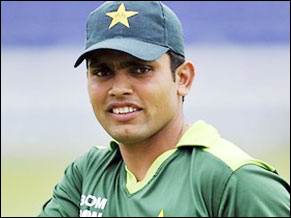



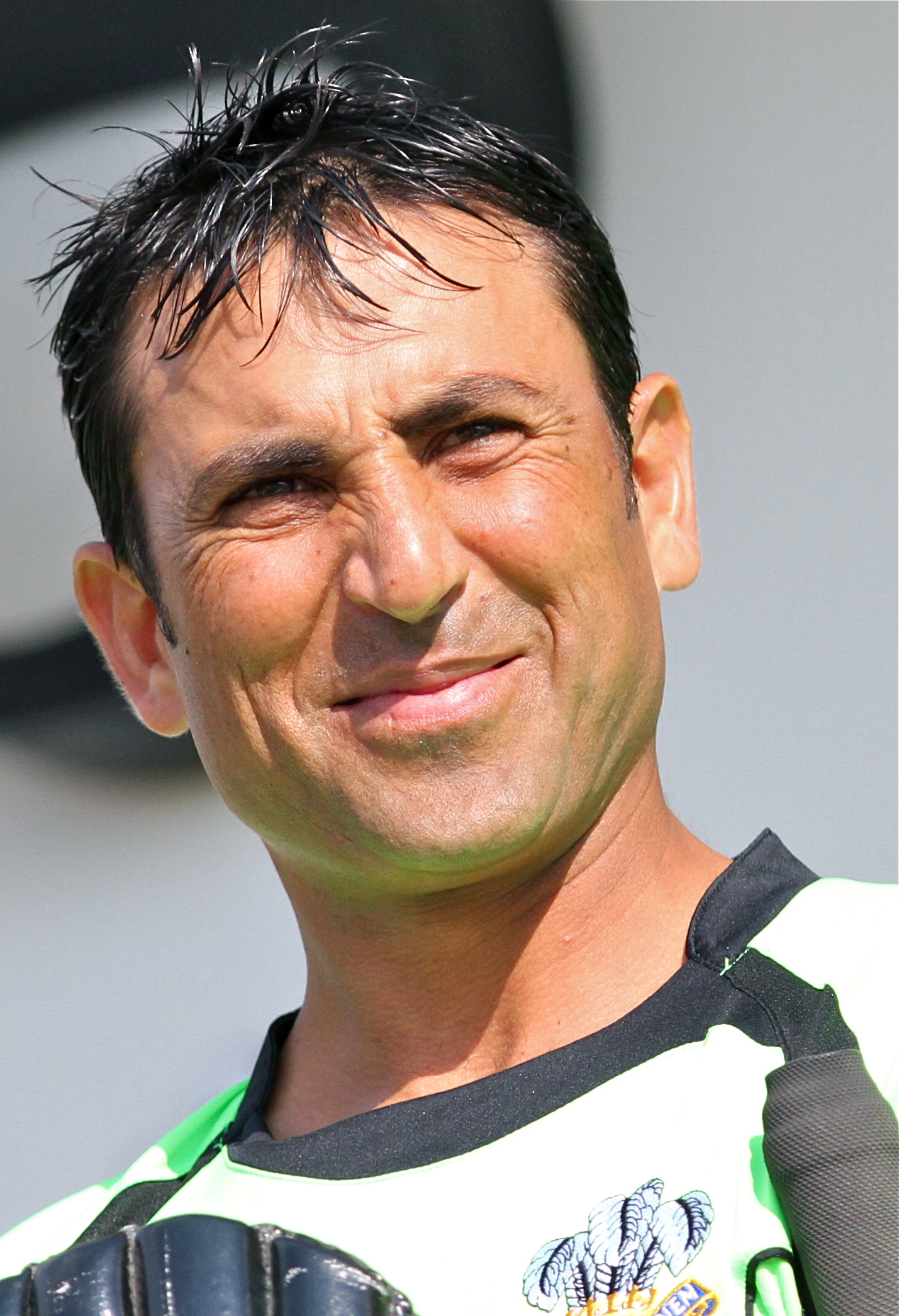

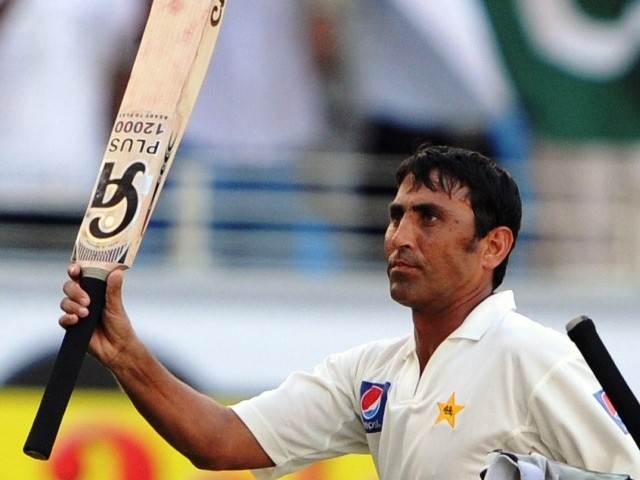


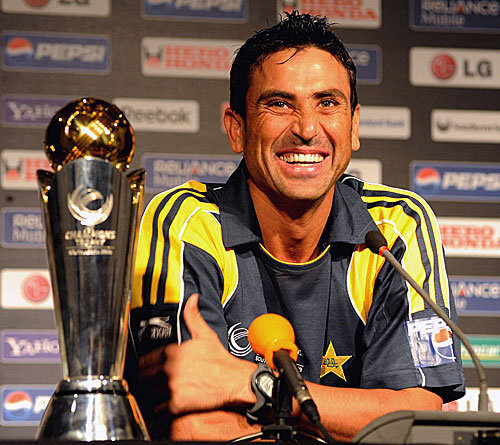

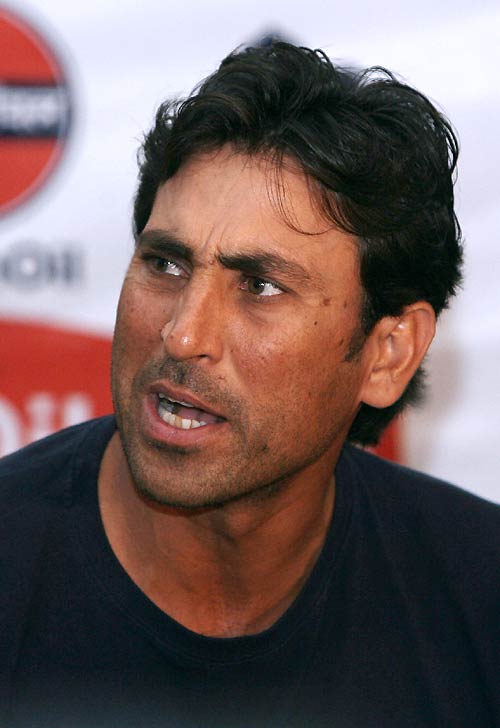




.jpg)
.jpg)
com.jpg)

